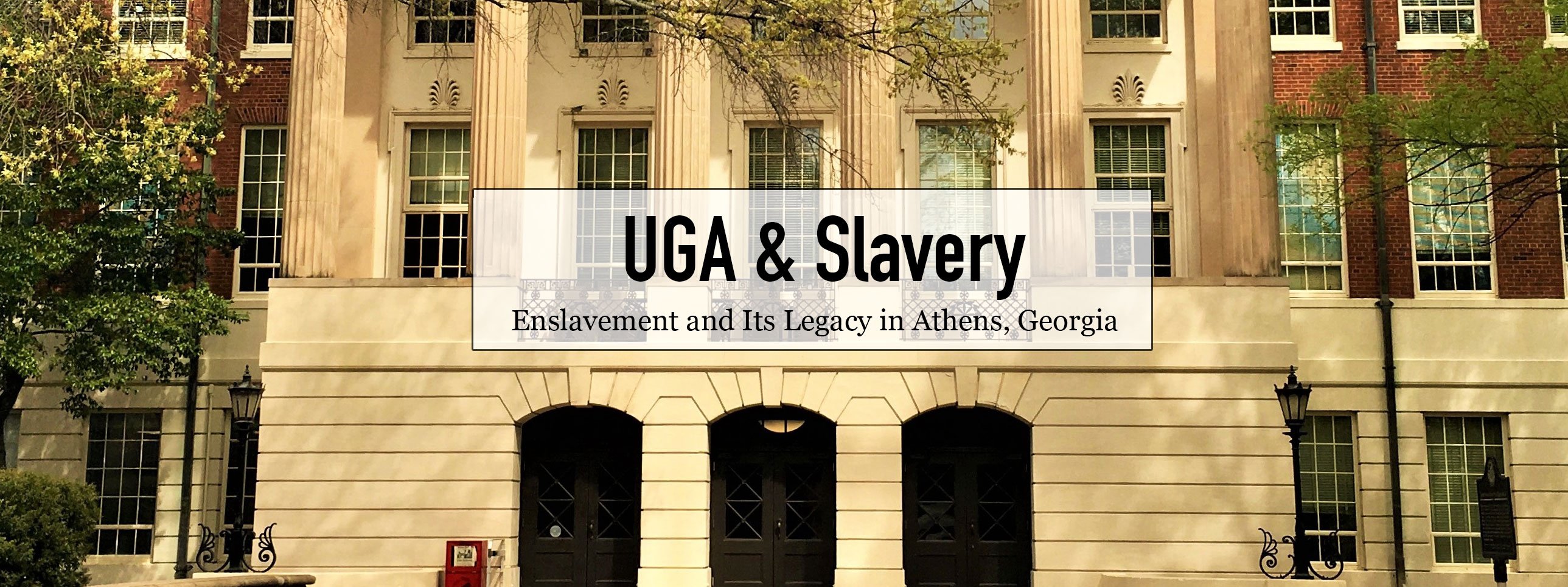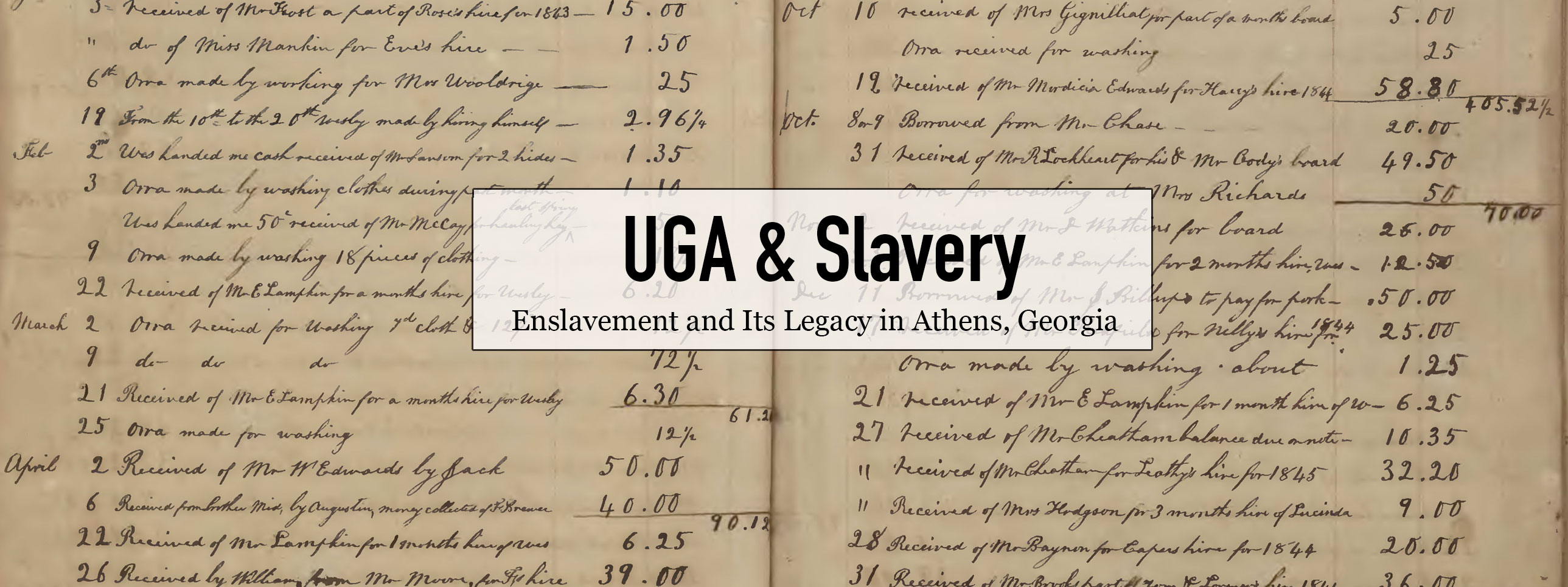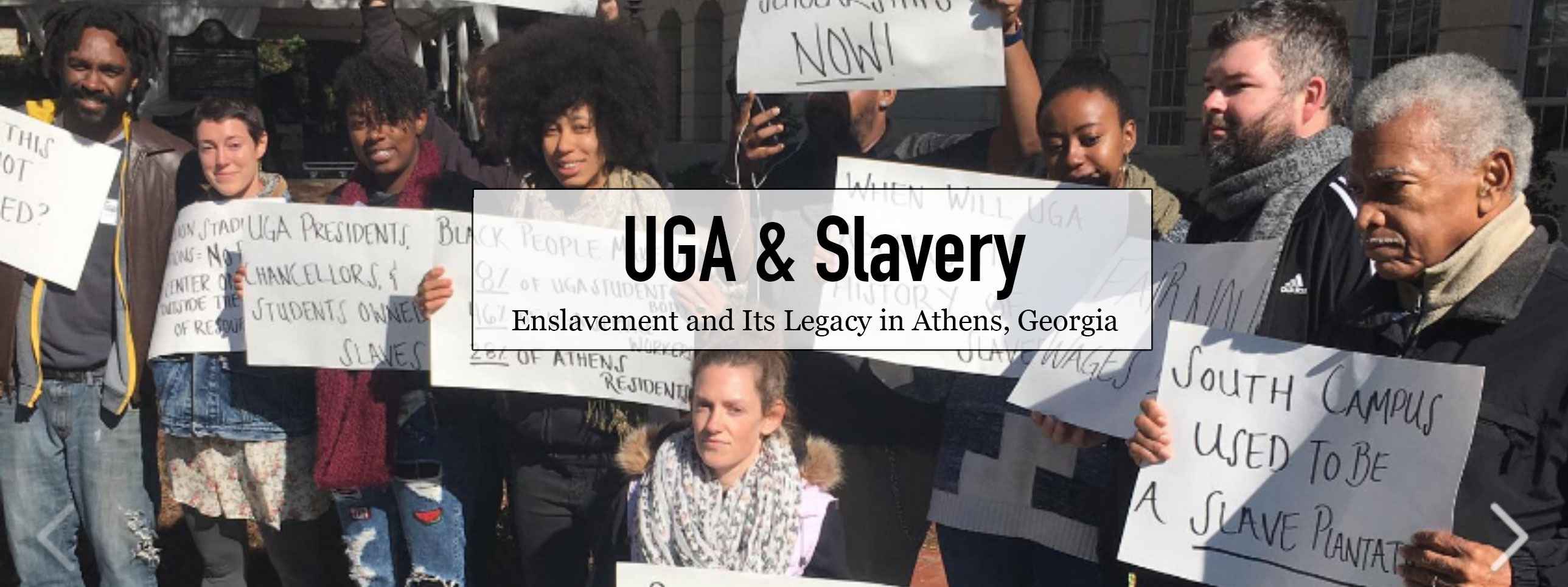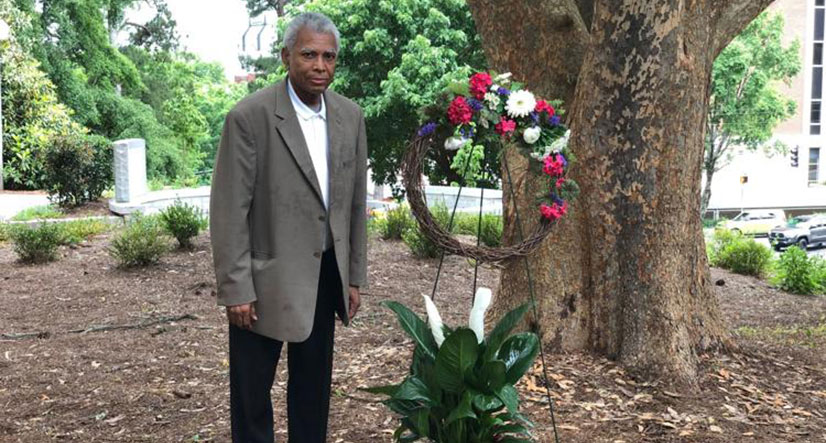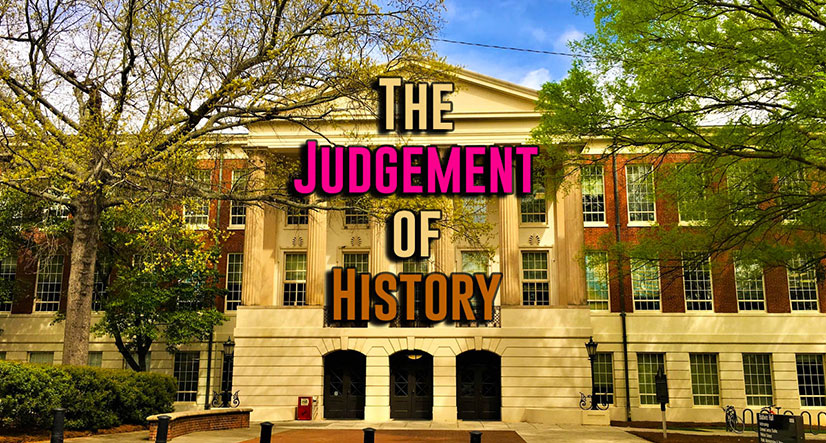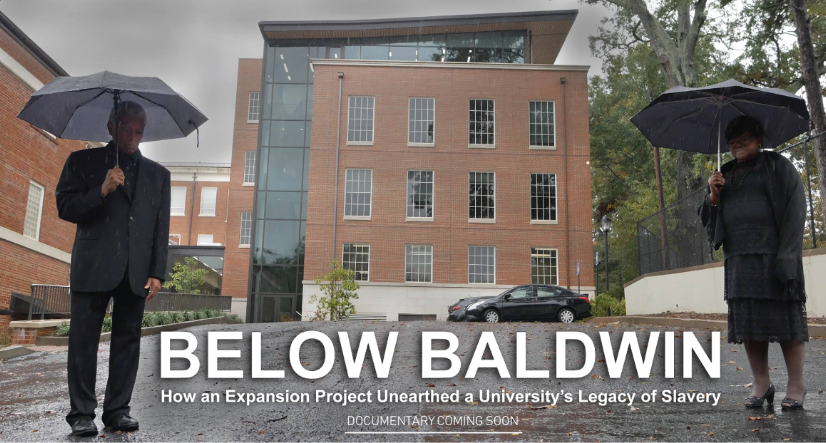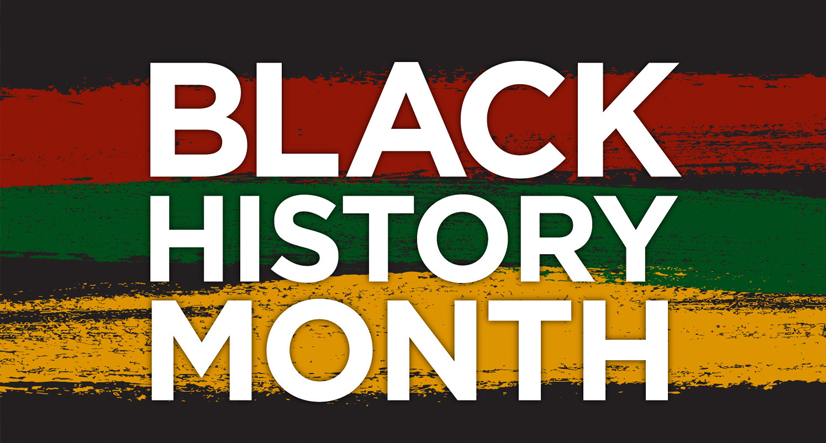In the midst of heavy rain showers on May 4, one Athens resident, Fred Smith Sr., marched across the grounds of Baldwin Hall at the University of G
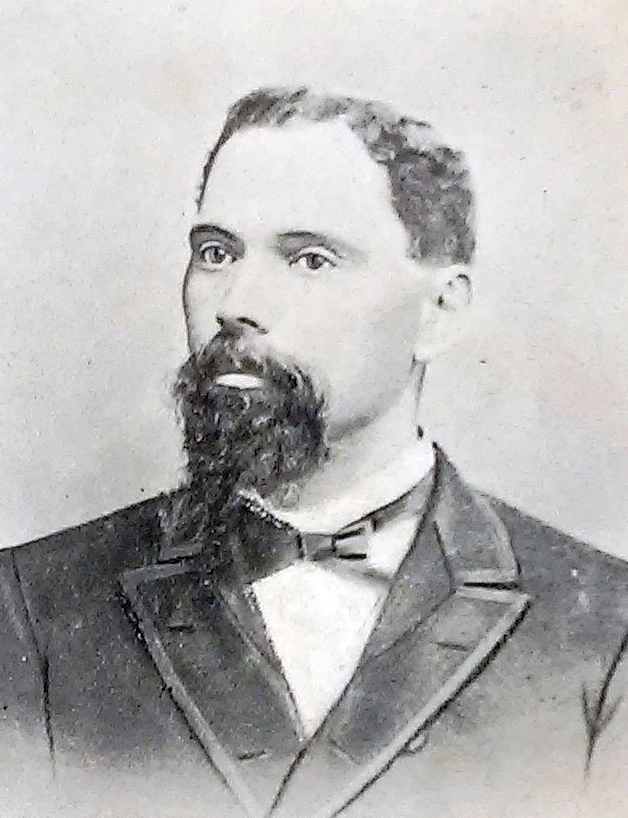
The UGA & Slavery Project
Lucius Henry Holsey arrived in Athens in 1857, the enslaved carriage driver, house servant, and gardener of Professor R. M. Johnston. "As soon as I arrived in Athens," Holsey later wrote, "I felt an insatiable craving for some knowedge of books.... [But] what must I do? I was a slave and could not attend school, and it was considered unwise, if not dangerous for slaves to read and write." Holsey was not to be deterred, however. "I determined to learn to read at all hazards," he remembered, "and take whatever risks there might be connected with it." Holsey went on to become bishop of the Colored Methodist Episcopal Church; he took to heart the university's own motto -- 'to teach, to serve, and to inquire into the nature of things' -- even as the university denied entry to black Americans and, through the Civil War, depended upon enslaved labor and slaveholders’ money while training several generations of white southerners in the academic defense of slavery and white supremacy.
The Department of History’s UGA & Slavery site is dedicated to exploring our university’s historic entanglements with the institution of slavery and its legacies in our community. This project aligns with our areas of research excellence as well as the activities of the peer and aspirational institutions across the South that have joined the Universities Studying Slavery consortium.
News
Get in touch
- Department of History
220 LeConte Hall, Baldwin Street
University of Georgia
Athens, GA 30602-1602 - 706-542-2053
- 706-542-2455
- history@uga.edu

eHistory was founded at the University of Georgia in 2011 by historians Claudio Saunt and Stephen Berry

